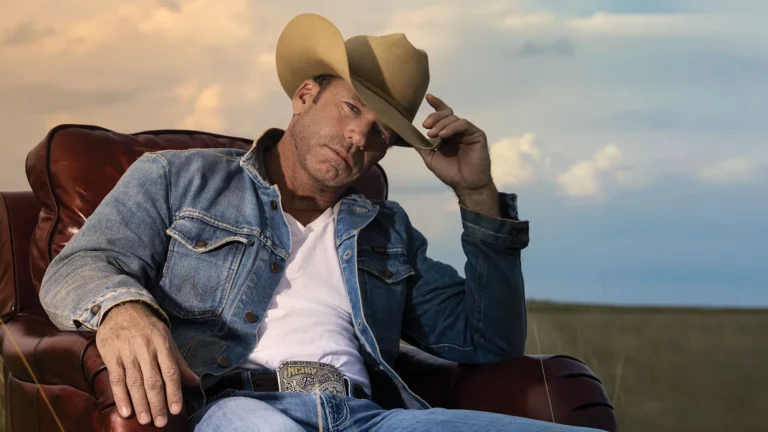Kevin Costner, an iconic figure in the film industry, is renowned not only for his versatile roles that span over four decades but also for his meticulous approach to his craft. Recently, Costner has been making headlines with his directorial project, “Horizon: An American Saga,” and his involvement in the television series “Yellowstone.” These instances highlight not just his creative flair but also the deep-rooted commitment he has towards maintaining integrity in his characters, making him a distinct presence both behind and in front of the camera.
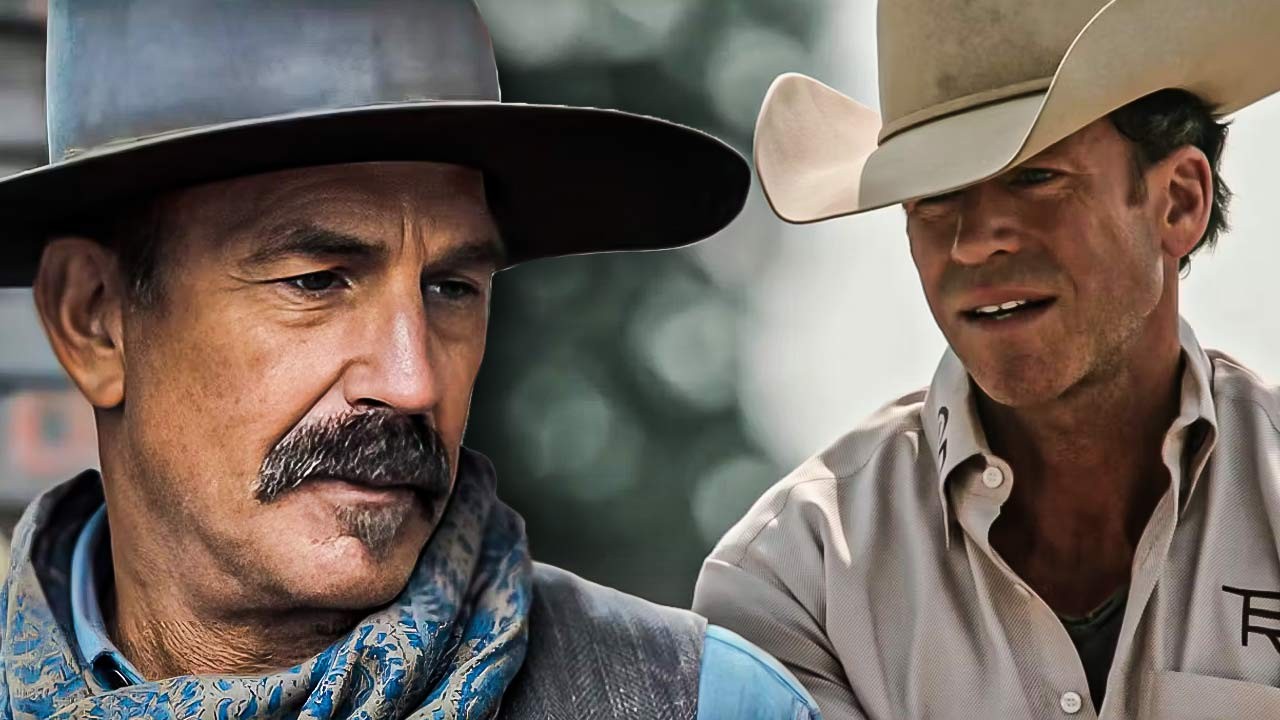
A Legacy of Distinctive Choices
From “Open Range” to “Dances With Wolves,” Costner has brought the rugged beauty of the Western genre to life, capturing the spirit of the American frontier. His recent directorial venture, which received attention at the Cannes Film Festival, shows his dedication to storytelling. This commitment is mirrored in his acting career, where he has often been selective about his roles, ensuring they align with his vision of character consistency.
The Art of Collaboration and Consistency
Costner’s journey through Hollywood has not been without its challenges. He has occasionally clashed with directors over creative differences, most notably in his roles in films like “Hidden Figures.” Initially, Costner turned down the role of NASA official Al Harrison due to concerns over character consistency.
“I just said, simply, ‘Congratulations on the screenplay. It’s not my M.O. to come in and want to change things because of some weird pride of authorship, but this part is difficult. It’s schizophrenic’.”
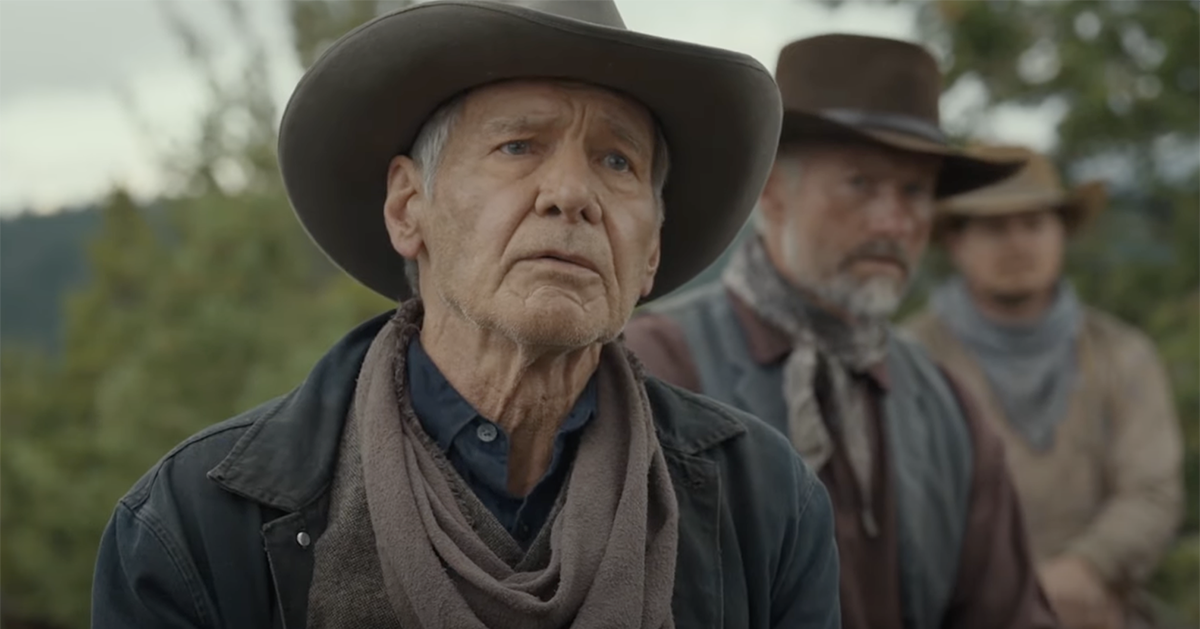
Despite these initial hesitations, the film’s director, Theodore Melfi, was able to address Costner’s concerns by promising to work closely with him on developing the character. Melfi’s commitment to collaboration impressed Costner, who later remarked,
“He goes, ‘I’ll do it. And we’ll do it together.’”
This experience not only solidified a successful working relationship but also resulted in a film that earned three Oscar nominations and was a box office success, grossing over $236 million worldwide.
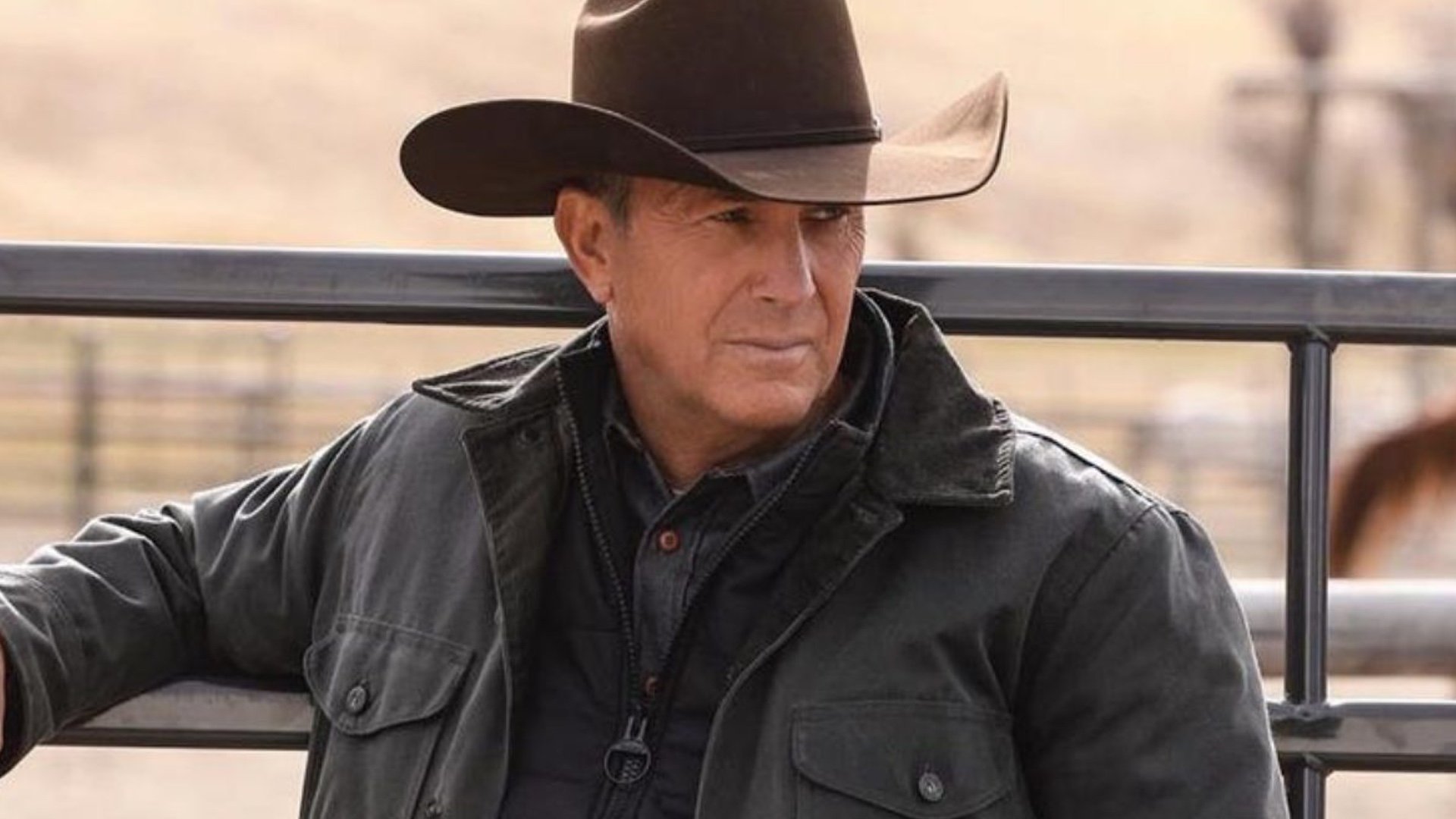
Lessons for Contemporary Filmmakers
The interaction between Costner and Melfi provides a critical lesson for filmmakers, including Taylor Sheridan of “Yellowstone.” Melfi’s willingness to revise and collaborate on the script to meet the needs of his actors contrasts sharply with Sheridan’s reported reluctance to make script changes. Costner, who had committed to seven seasons of “Yellowstone,” faced a premature end to the show after only five seasons due to scheduling conflicts and script issues.
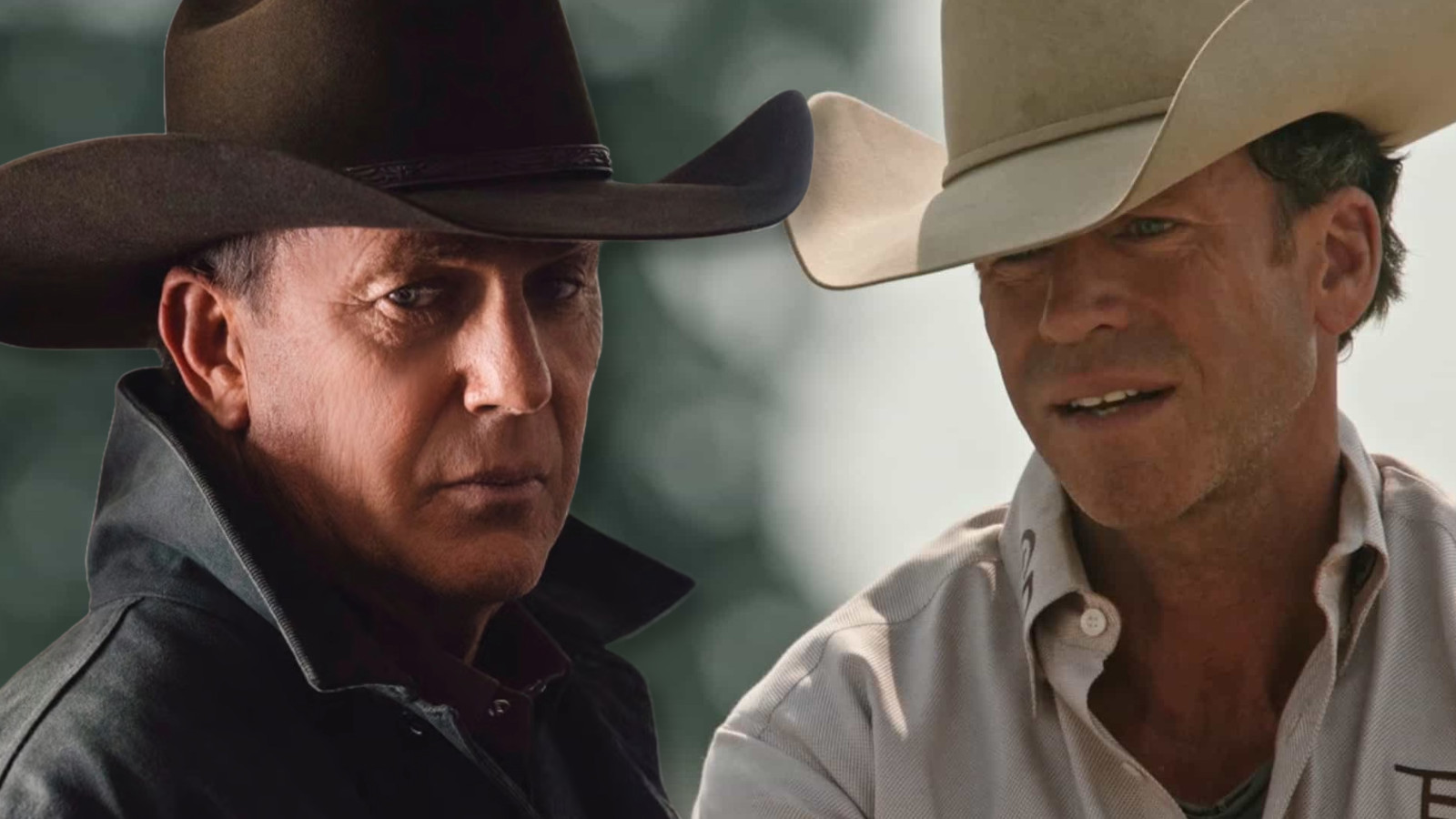
This scenario underscores the importance of flexibility and mutual respect in filmmaker-actor relationships. As Costner’s experiences reveal, a director’s ability to listen and adapt can lead not only to improved performances but also to a more harmonious set and successful film projects.
In conclusion, Kevin Costner’s career exemplifies the power of staying true to one’s artistic vision while remaining open to collaboration. His experiences offer valuable insights into the dynamics of film production and the significance of maintaining integrity in creative expressions. For aspiring directors and actors alike, Costner’s journey is a testament to the impact of thoughtful, actor-focused filmmaking.
